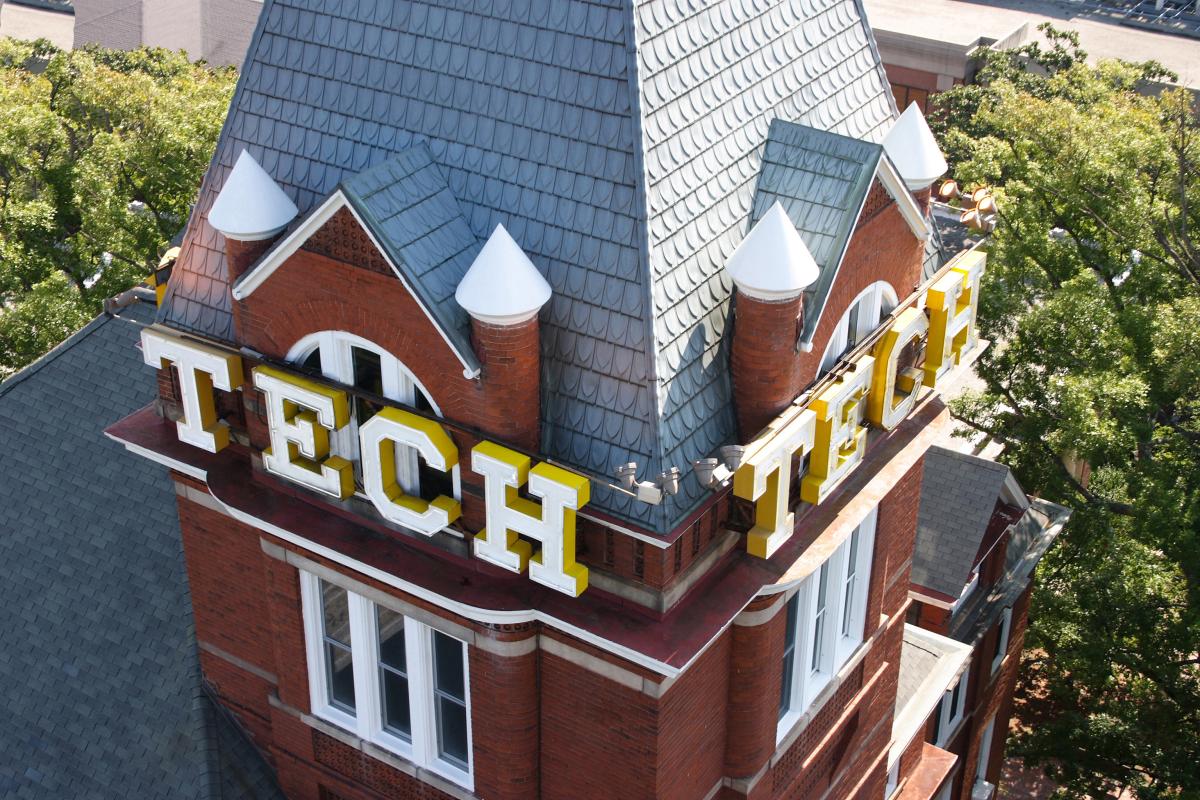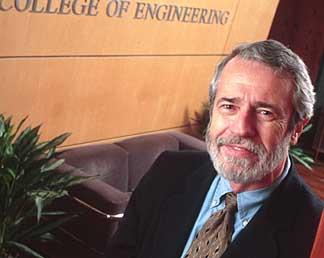
Don Giddens, Dean of the College of Engineering, has been elected to the rank of AAAS (American Association for the Advancement of Science) Fellow. Each year, AAAS elects members whose "efforts on behalf of the advancement of science or its applications are scientifically or socially distinguished."
Dean Giddens received all of his degrees (BAE 1963, MSAE 1965, and Ph.D. 1966) from Georgia Tech and joined the Tech faculty in 1968, after two years in the aerospace industry. In 1992 he left his position as the Chair of Aerospace Engineering to serve as the Dean of the Whiting School of Engineering and Professor of Mechanical Engineering at The Johns Hopkins University until 1997. In 1997, Giddens rejoined Georgia Tech to establish the Wallace H. Coulter Department of Biomedical Engineering, a joint department between Georgia Tech’s College of Engineering and Emory University’s School of Medicine. He served as the founding Chair until July 2002, when he became the Dean of the College of Engineering.
Dr. Giddens is a member of the National Academy of Engineering (NAE), President-Elect of ASEE, Biomedical Engineering Society (BMES), Big 10+ Deans Council, a founding Fellow of the American Institute for Medical and Biological Engineering (AIMBE), and Fellow of the American Heart Association and the American Society of Mechanical Engineers (ASME).
The honor of being elected a Fellow of AAAS began in 1874. The American Association for the Advancement of Science is an international non-profit organization dedicated to advancing science around the world by serving as an educator, leader, spokesperson and professional association. Founded in 1848, AAAS serves some 262 affiliated societies and academies of science, serving 10 million individuals. Science has the largest paid circulation of any peer-reviewed general science journal in the world, with an estimated total readership of one million. The non-profit AAAS is open to all and fulfills its mission to "advance science and serve society" through initiatives in science policy; international programs; science education; and more.
